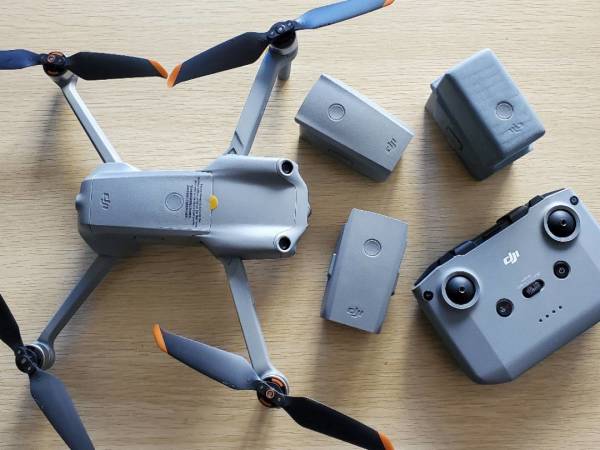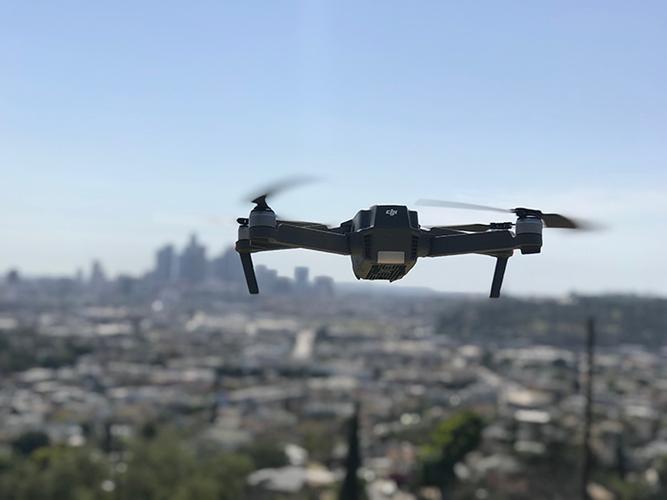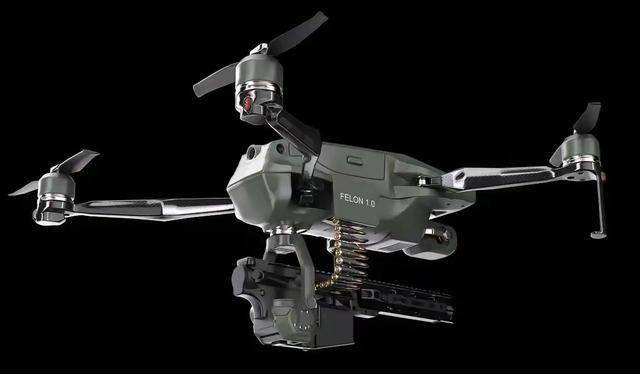In recent years, the technological landscape has seen significant advancements with the integration of drones into various industries, marking a remarkable transformation in their use and functionality. Drones, originally synonymous with military applications, have now expanded into numerous fields, showcasing their potential in innovative ways. One of the most exciting aspects of the evolution of drones is their ability to revolutionize traditional operations across sectors.
Agriculture and Drones
 Today’s farmers are increasingly utilizing drones to optimize their operations. With the help of drones, agricultural professionals can monitor crop health, manage livestock, and assess crop damage with unprecedented precision. Equipped with cameras and sensors, drones can collect data that is invaluable for making informed decisions about irrigation, pest control, and fertilization.
Today’s farmers are increasingly utilizing drones to optimize their operations. With the help of drones, agricultural professionals can monitor crop health, manage livestock, and assess crop damage with unprecedented precision. Equipped with cameras and sensors, drones can collect data that is invaluable for making informed decisions about irrigation, pest control, and fertilization.
Commercial Delivery and Drones
The impact of drones on the delivery industry is profound, as companies like Amazon and DHL are pioneering the use of drone technology to reduce delivery times and enhance customer satisfaction. By navigating through airspace, drones can dodge traffic congestion, ensuring timely delivery of goods, especially in remote areas where traditional vehicles struggle to reach.
Security and Surveillance
Safety and security are paramount, and drones provide a versatile solution for surveillance purposes. They can be deployed in crowded events or sensitive areas to monitor activities, collect critical data, or track unauthorized movements. Law enforcement agencies and private security firms have begun harnessing drone capabilities to enhance public safety with rapid reaction times and comprehensive coverage.
Environmental Conservation and Drones
Drones are making significant strides in environmental monitoring and conservation efforts. Researchers and conservationists deploy drones to track wildlife populations, assess habitat conditions, and document changes in ecosystems. These aerial observations offer insights into environmental challenges, aiding sustainable decision-making and ensuring the protection of natural resources.
Challenges and Limitations
Despite the promising benefits, the use of drones is not without challenges. Regulatory restrictions can impose limits on drone operations, especially concerning privacy and airspace management. Additionally, technical issues such as battery life, payload capacity, and susceptibility to weather conditions may affect drone performance. Addressing these challenges is crucial for maximizing the effectiveness of drone utilization.
FAQs
What are the legal requirements for flying a drone?
Regulations vary by country, but in general, one must register their drone if it exceeds a certain weight and may need to obtain a license for commercial use. It is essential to understand and comply with local laws to avoid legal issues.

Can drones be used indoors?
Yes, drones can operate indoors, but it requires careful navigation to avoid obstacles and ensure safety. Smaller drones with advanced sensors are often preferred for indoor applications.

How are drones powered?
Most consumer drones are powered by lithium-polymer (LiPo) batteries. These rechargeable batteries offer sufficient power for flight but require regular maintenance to ensure longevity.
As drone technology continues to evolve, its influence and application across industries is bound to expand, further cementing its role as a cornerstone of modern technological advancement.
